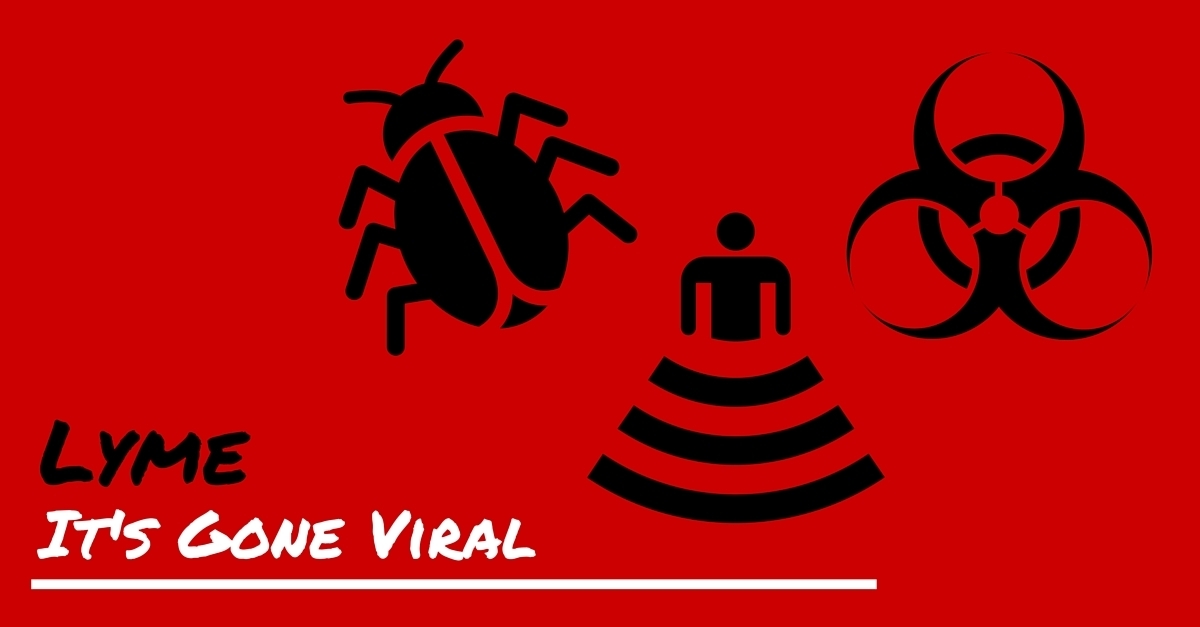- Ross Protocol
- Acute Tick Bite
- Q+A Webinars
- Books
- LymeUNITED
- Online Lyme Guide
The Lyme Disease Treatment Guide
lyme disease 101
germ control & more



There is solid scientific evidence showing Lyme is transmitted through tick bites. Yet fifty percent of the time someone has chronic Lyme they do not remember a tick bite. In spite of this public health authorities and the Infectious Disease Society of America (IDSA) hold on tight to a ridiculous view that it is only transmitted through tick bites.
Well, I think they have it wrong. In this article I review, based on science, the other ways Lyme may be transmitted. And it is more than the ticks.
There is scientific evidence and/or proof based on experience showing it is transmitted during pregnancy, through sexual intercourse, and possibly breast feeding. For more information about this see Lyme & Pregnancy: Will My Baby Get It; What About My Health? and Can Lyme Sexually Transmitted? Yes.
Now this is where it gets interesting. I have seen numerous people in my practice who came down with acute Lyme after mosquito bites or some other type of bug bites. So I think based on my experience that it addition to ticks Lyme is transmitted by other bugs.
There are studies that show mosquitos, fleas, mites, and flies carry Lyme (1, 2, 3). This does not prove that these insects transmit Lyme, but one has to wonder. In my review of the scientific research database, I cannot find any studies that have been conducted to see if any type of bugs other than ticks transmit Lyme.
In my opinion and based on what I see in my practice I do not believe Lyme is spread through kissing, touching, or sharing of tooth brushes, eating utensils like forks, or drinks. However, in my review of the scientific research data base I do not see that any research has been conducted looking at these ways of spreading Lyme.
I really do not think so. But when 50% of people with Lyme do not remember a tick bite it is a valid question that I am often asked by my patients.
The ideas and recommendations on this website and in this article are for informational purposes only. For more information about this, see the sitewide Terms & Conditions.

Marty Ross, MD is a passionate Lyme disease educator and clinical expert. He helps Lyme sufferers and their physicians see what really works based on his review of the science and extensive real-world experience. Dr. Ross is licensed to practice medicine in Washington State (License: MD00033296) where he has treated thousands of Lyme disease patients in his Seattle practice.
Marty Ross, MD is a graduate of Indiana University School of Medicine and Georgetown University Family Medicine Residency. He is a member of the International Lyme and Associated Disease Society (ILADS), The Institute for Functional Medicine, and The American Academy of Anti-Aging Medicine (A4M).

Sign up for TickCRAFT Newsletter, Online Lyme Guide updates, special offers, and more.